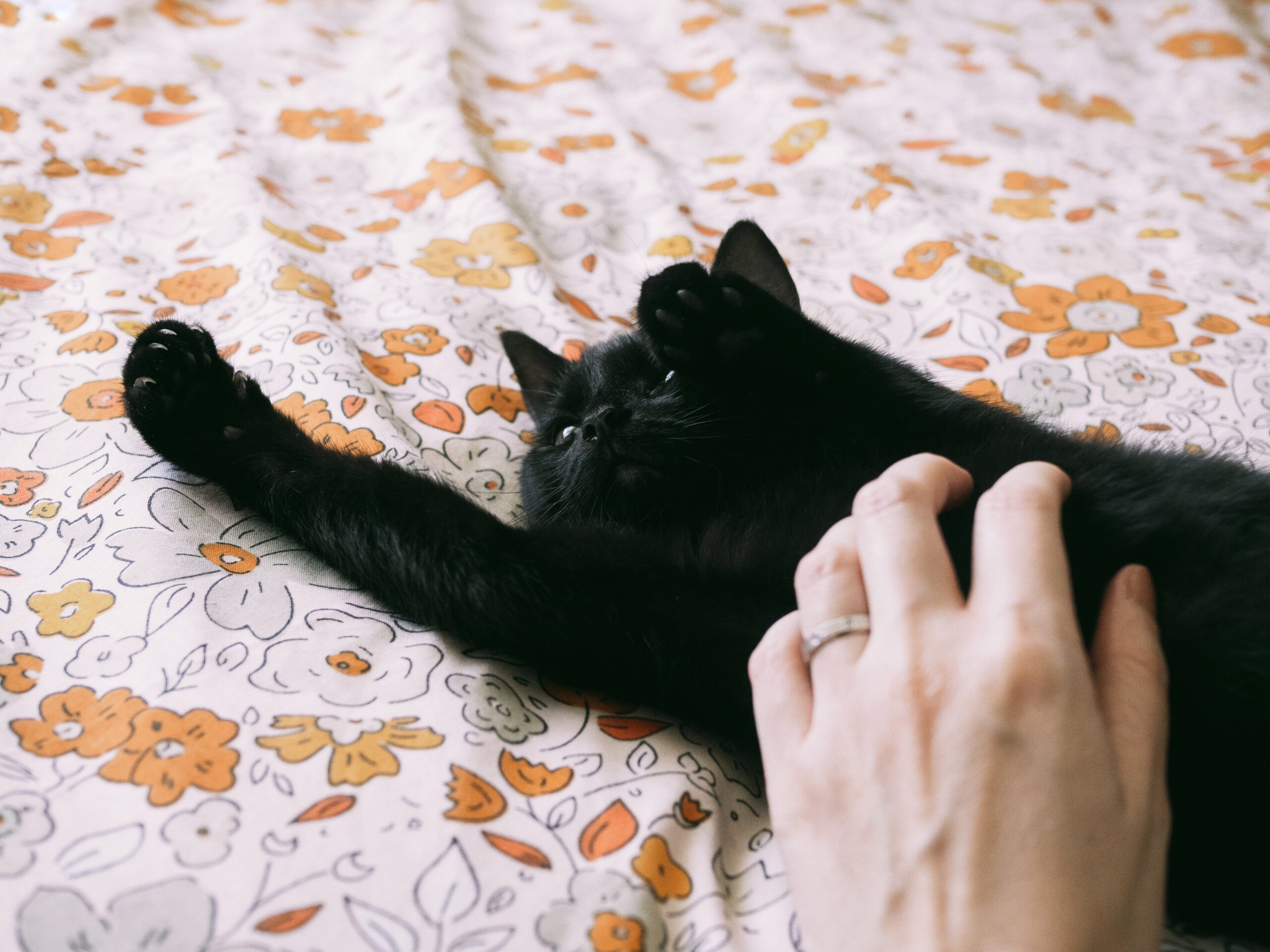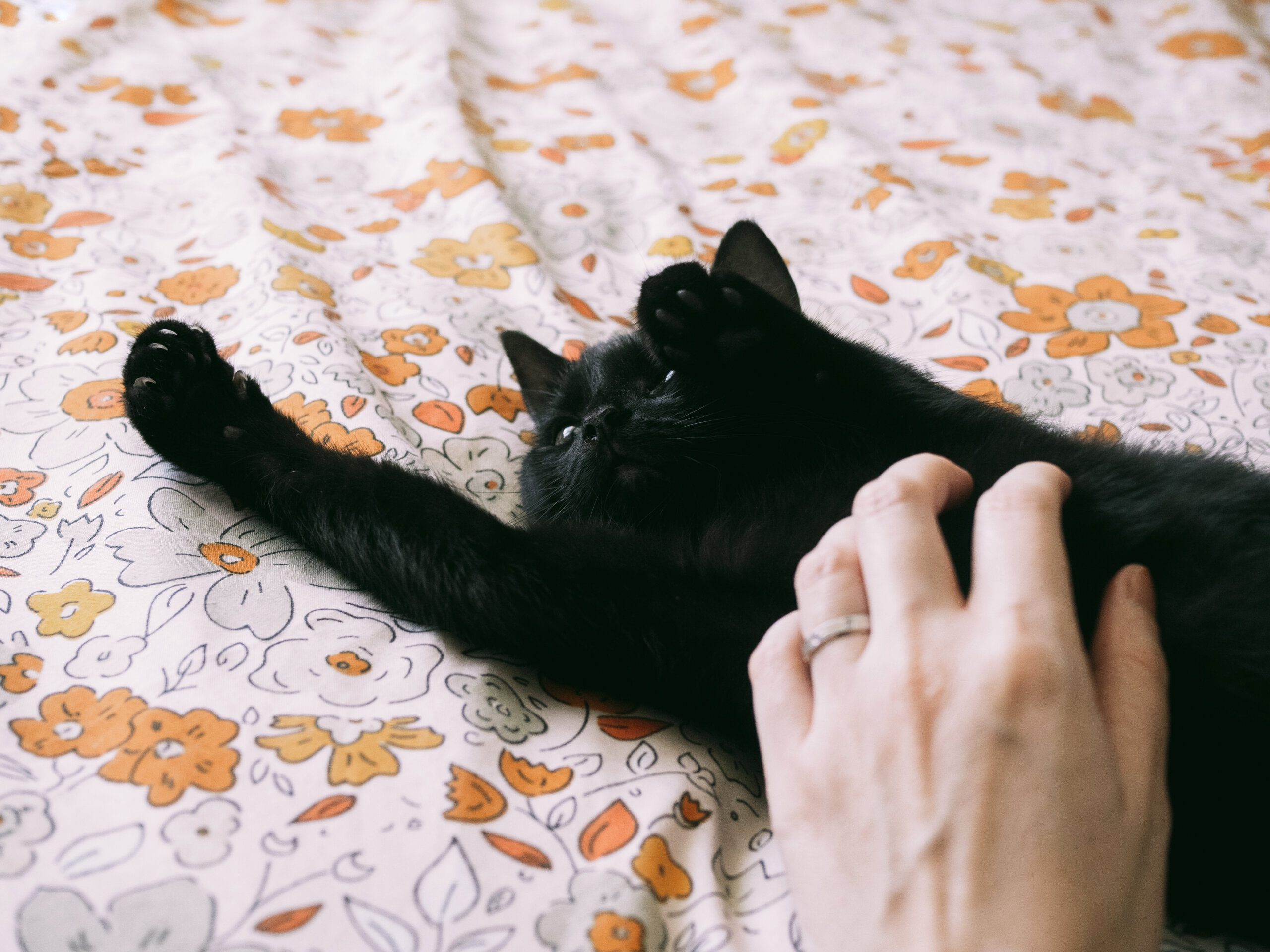Have you ever dreamed of owning a capybara? These adorable and friendly creatures have captured the hearts of many, but have you ever wondered how much they actually cost? In this article, we will explore the price of owning a capybara, shedding light on the financial aspects of bringing one of these fascinating creatures into your life. From initial purchase costs to ongoing expenses, get ready to uncover the truth behind the price tag of owning a capybara.
The Price of Owning a Capybara
If you’re considering becoming the proud owner of a capybara, it’s important to understand the costs associated with these unique and fascinating creatures. While they may seem like an exotic and fun addition to your household, there are several financial factors to consider. From the initial purchase cost to ongoing expenses such as habitat setup, feeding and dietary needs, veterinary care, legal requirements, training, maintenance, grooming, supplies, and unexpected emergencies, owning a capybara requires careful financial planning. Let’s delve into the various costs involved in owning a capybara to ensure you’re fully prepared.

Initial Purchase Cost
When it comes to owning a capybara, the first expense you’ll encounter is the purchase price. Capybaras are not commonly available pets, which can make them quite expensive to acquire. The price can range anywhere from $500 to $5,000, depending on factors like the capybara’s age, lineage, and temperament. It is crucial to find a reputable breeder or seller who can provide a healthy capybara and necessary documentation.
Habitat Setup Expenses
Creating a suitable habitat for your capybara is essential to ensure their well-being and happiness. Capybaras require ample space, ideally with access to water for swimming and mud wallowing. You will need to invest in a large enclosure or create a dedicated space in your yard, which may involve fencing, landscaping, and the installation of a pool or pond. The cost of habitat setup can vary widely depending on your location, the size of the enclosure, and any additional features. Prepare to budget anywhere from $1,000 to $10,000 or more for initial habitat setup.

Feeding and Dietary Expenses
Like any pets, capybaras have specific dietary needs that must be met. They are herbivores and require a diet rich in fresh produce, high-quality hay, and specially formulated pellets. Capybaras also have a relatively large appetite, typically consuming around 6 to 8 percent of their body weight in food every day. This can result in significant ongoing expenses for both fresh produce and specialized feed. On average, you may spend $200 to $400 per month on feeding a capybara.
Veterinary and Medical Expenses
Regular veterinary care is essential for the health and well-being of your capybara. They require routine vaccinations, check-ups, and dental care. Finding a veterinarian experienced in exotic animals may be challenging, which could increase the cost of care. Additionally, as capybaras age, they may develop health issues that require specialized treatments or medications. Budgeting for an average of $500 to $1,000 per year for routine veterinary care is recommended, with additional costs for unexpected medical needs.

Licensing and Legal Costs
Before bringing a capybara into your home, it’s crucial to research the legal requirements in your area. Many jurisdictions require permits or licenses to own a capybara as a pet, and the cost of obtaining these documents can vary significantly. Some locations may also have specific regulations regarding enclosures and safety standards, which may involve additional expenses to ensure compliance. Be prepared to spend anywhere from $50 to $500 or more for licensing and legal costs.
Training and Socialization Costs
Capybaras are highly intelligent animals that require training and socialization to ensure they can coexist harmoniously with humans and other pets. Investing in professional training or hiring an animal behaviorist can be an essential expense to help your capybara adapt to domestic life and minimize potential behavioral issues. Training costs can vary depending on the trainer’s expertise and the extent of the training required. Expect to spend around $500 to $1,500 or more for training and socialization expenses.
Maintenance and Cleaning Costs
Maintaining a clean and hygienic environment for your capybara is vital to prevent health issues. Regular cleaning of their enclosure, as well as providing fresh bedding and resources, will incur ongoing costs. Routine maintenance includes water quality testing, filter replacement for any aquatic features, and general upkeep of the habitat. Plan for approximately $100 to $200 per month for maintaining and cleaning your capybara’s environment.
Grooming and Bathing Costs
Capybaras have unique grooming needs and require regular maintenance to keep their fur and skin in optimal condition. This may involve brushing, nail trimming, and occasional bathing. You may choose to hire a professional groomer to ensure your capybara receives proper care, especially if you’re not comfortable performing grooming tasks yourself. The cost of grooming can vary depending on the location and the specific services required. Plan for an average of $50 to $100 per grooming session.
Supplies and Enrichment Expenses
Providing your capybara with appropriate supplies and enrichment activities is crucial for their mental stimulation and overall well-being. This includes toys, puzzles, natural materials to chew on, and various accessories specific to capybara needs. The costs associated with supplies and enrichment will depend on factors such as the quality of the items, the frequency of replacements, and the variety of enrichment provided. Budget approximately $200 to $500 per year for supplies and enrichment expenses.
Unexpected Costs and Emergency Situations
As with any pet, there is always the possibility of unexpected costs and emergency situations. Capybaras, although generally hardy animals, can still encounter health issues or accidents that require immediate veterinary attention. It’s essential to have a financial safety net in place to cover any unforeseen medical expenses that may arise. Consider setting aside an emergency fund of at least $1,000 to ensure you can address any urgent needs without hesitation.
Owning a capybara can be a delightful and rewarding experience, but it’s important to be fully aware of the costs involved. By considering the initial purchase cost, habitat setup expenses, feeding and dietary needs, veterinary care, licensing requirements, training and socialization, maintenance and cleaning, grooming, supplies and enrichment, as well as unexpected expenses, you can ensure that you’re financially prepared to provide the best possible care for your capybara.



